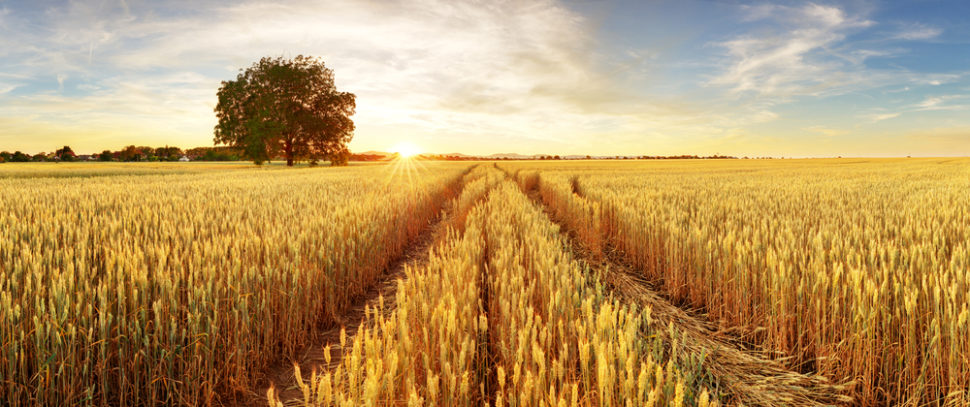In the face of rising pressures, citizen science can help tackle some challenges associated with agriculture and food.
Citizen science has been on the rise in recent years.
For example, hundreds of thousands of online gamers helped neuroscientists map thousands of neurons, discovering some new neuron types along the way.
In another recent project, NASA saw the potential of recruiting the public to help astronomers in data crunching.
Crowdsourcing the analysis of telescope data to citizen scientists proved to be fruitful as they discovered a new star system complete with five exoplanets.
Research projects that include average people are multiplying through many fields. From neuroscience and astronomy to environmental monitoring and now agriculture, citizens are beginning to make a scientific difference.
An Open Approach to Agricultural Challenges
The world’s population doubled in just four decades (1960-2000). Although agricultural systems are still able to meet growing demand by producing more food products and lowering their prices, there will soon be a breaking point.
World agriculture will not be able to guarantee the availability of animal and plant products forever — especially in developing countries.
Amid a changing climate and overpopulation, agriculture faces significant challenges that only get more serious as time goes by.
Read More: New Fertilizing Methods Could Save Declining Crop Yields
The public is naturally more invested in agriculture and food matters. However, there are few initiatives that involve citizen scientists in this strategic field.
Now, researchers are pleading for agricultural research to benefit from the power of citizen science.
“Our goal with this work was to capture the extent to which modern citizen science has helped us address meaningful research questions related to agriculture and food. Has citizen science made a difference in tackling the global challenge of feeding a growing population in a changing climate? Could it do more?,” says Sean Ryan, a Citizen Science Fellow at North Carolina State University and lead author of a paper.
Over thirty international scientists authored a paper calling for more open source projects around agriculture and food research.
The paper “The role of citizen science in addressing grand challenges in food and agriculture research” can be found in the Royal Society’s Biological Science journal.
The team went over hundreds of academic papers to identify citizen science projects that address several agricultural challenges.
“In all of the areas we looked at, we found that citizen science has been used to both produce scientifically robust findings that address real-world issues and to engage the public.”
Benefits of enlisting the help of citizen scientists in agriculture include the collection of more data from a wider geographical area. This helps researchers scale up their investigations in scope and time while reducing costs.
“Ultimately, we hope citizen science researchers consider looking at agricultural issues. We hope agricultural researchers consider citizen science as a viable means of advancing their work, and we hope to see more collaboration and communication between citizen science and agricultural extension.”


















Comments (0)
Most Recent